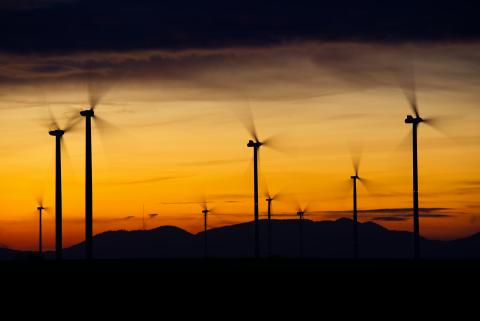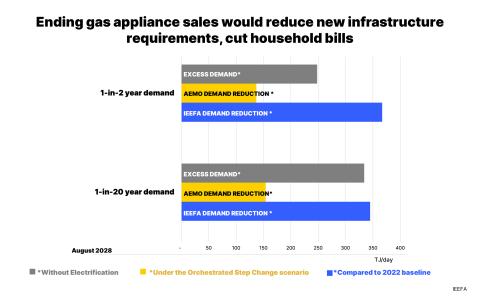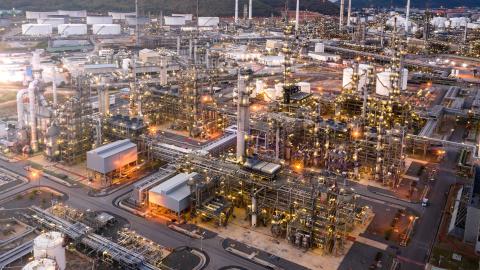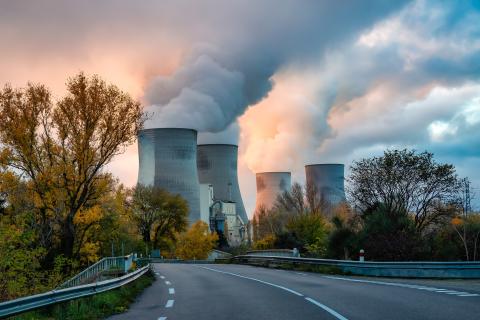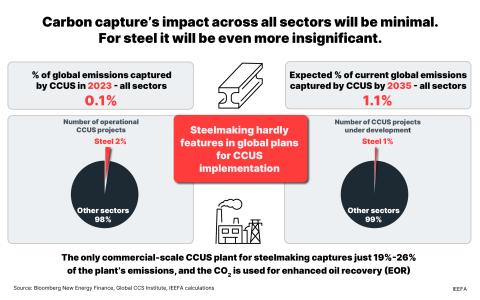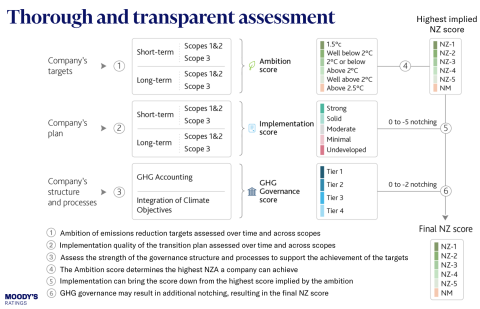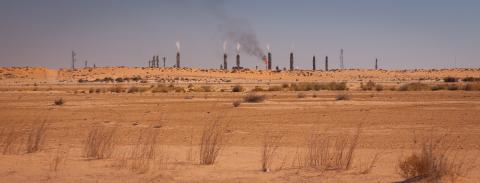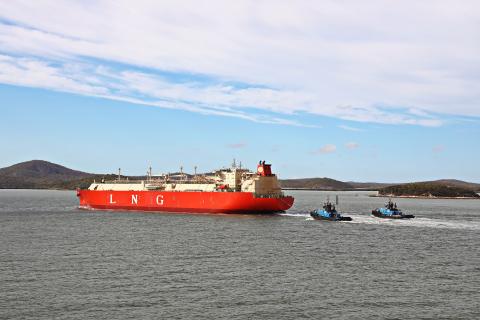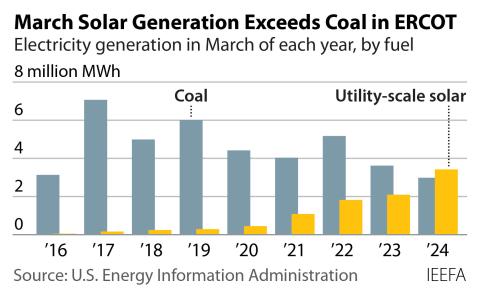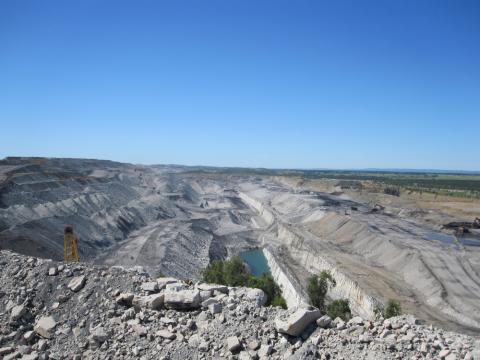IEEFA update: One of NSW’s major coal customers is going through transition pains
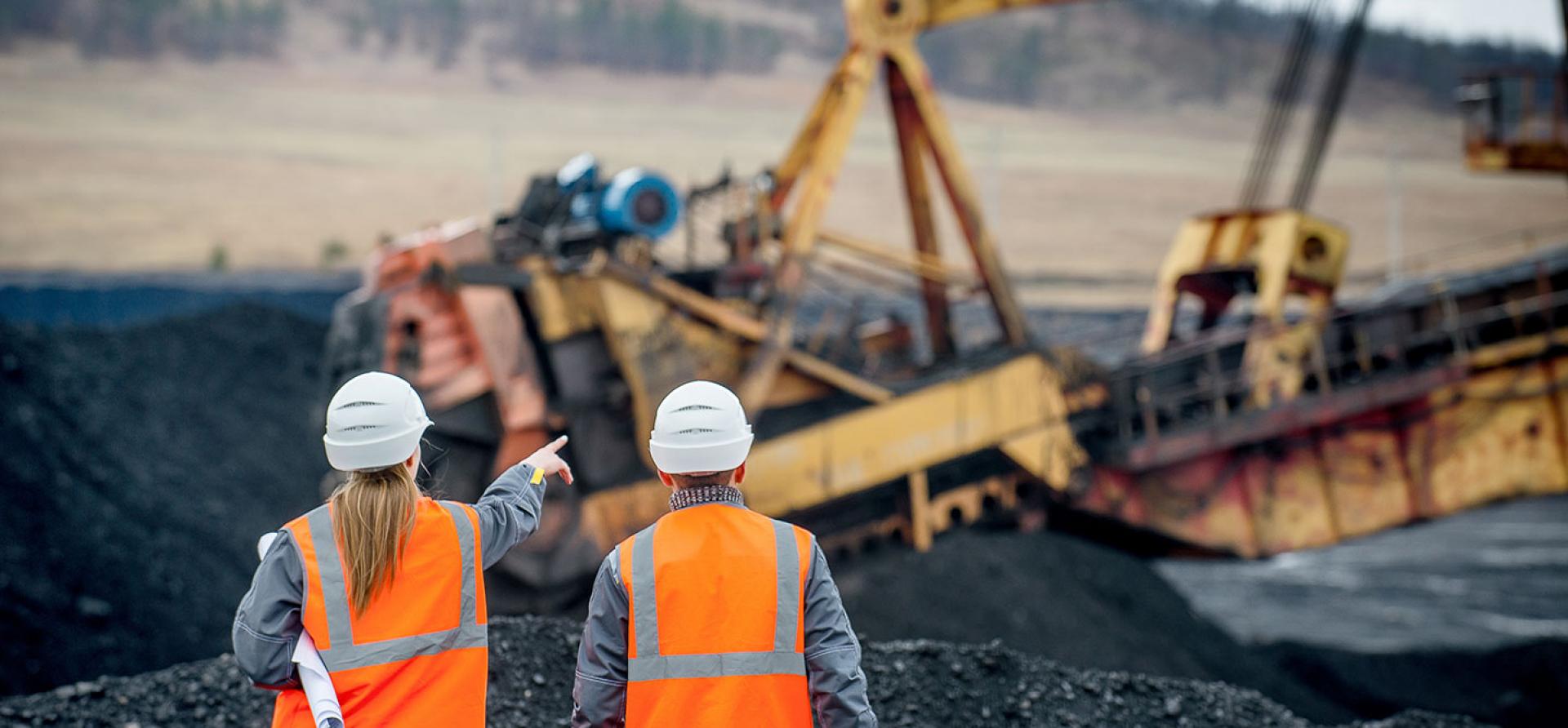
South Korea is one of Australia’s major coal export destinations which makes KEPCO – its state-controlled power generator – a key customer for Hunter Valley coal, and a player with its own NSW coal interests, as it owns the Bylong Coal proposal.
The world’s largest investor has written to KEPCO
KEPCO’s A$642m write off of Bylong in 2019 is a key illustration of the growing financial risks faced by the company due to its ill-advised overseas coal projects.
Now it has emerged that the world’s largest investor has written to KEPCO raising concerns about its overseas coal projects.
BlackRock contacted KEPCO’s CEO “seeking a clear strategic rationale for its investments in coal energy” and follows a pledge in January that BlackRock would make climate change a priority across its investment funds.
THIS COMES AT A TIME WHEN SOUTH KOREA IS SEEKING TO MOVE THE NATION AWAY FROM FOSSIL FUELS and towards renewable energy.
The company posted a loss for the year equivalent to A$2.8 billion
Last week the South Korean government unveiled a US$62 billion “New Deal” designed to refocus its post-coronavirus economy. The plan is based on two pillars – a “Digital New Deal” and a “Green New Deal” with the latter expected to move the nation away from fossil fuels and towards renewable energy.
A new report from the Institute for Energy Economics and Financial Analysis (IEEFA), which raises important questions for KEPCO’s board and management, found that past financial performance was also likely to be a concern for investors in addition to the company’s future direction.
In the year KEPCO wrote-off the Bylong Coal project, the company posted a loss for the year equivalent to A$2.8 billion. This followed a loss of equivalent to A$1.5 billion in 2018.
BLACKROCK IS NOT THE ONLY MAJOR INVESTOR CONCERNED ABOUT KEPCO’S RESULTS and direction. In February, leading global pension fund APG stated that it was divesting its holdings in KEPCO based on the company’s continued investment in overseas fossil-fuel power projects.
Power sector planners in Indonesia, Vietnam, and the Philippines are all cutting demand forecasts
KEPCO has stated support for a transition to renewable energy in line with South Korean government policy that is increasingly supportive of the energy transition. However, amongst its recent actions in the last few years have been a continuation of investment in overseas coal projects.
In addition to its expensive foray into Australian coal mining at Bylong, KEPCO is involved in coal-fired power proposals in Vietnam, Indonesia and South Africa.
KEPCO’s overseas investment in coal is raising financial risks for the company. IEEFA’s new report finds that this risk has been aggravated by changes in the post-COVID-19 power markets in Southeast Asia. Power sector planners in Indonesia, Vietnam, and the Philippines are all cutting demand forecasts, further diming the long-term outlook for thermal coal.
COVID-19 IS ALSO HIGHLIGHTING AUSTRALIAN COAL MINES SENSITIVITY TO FALLING DEMAND, giving the industry an early look at the long-term, permanent decline that’s coming.
Demand can be expected to enter permanent, long-term decline in the near future
New Hope, which owns the Bengalla coal mine in the Hunter Valley, has warned that reduced thermal coal demand and lower prices will negatively impact its financial performance in the second half of the year.
This followed the news that Peabody’s Wambo coal mine operation is to be partially shut down in response to declining demand.
Mining companies maintain that the downturn is temporary and that demand will bounce back once the worst economic impact of the pandemic is over.
However, the type of energy transition that KEPCO is increasingly under pressure to accelerate highlights exactly why demand can be expected to enter permanent, long-term decline in the near future.
Coal miners in Queensland and the Hunter Valley better get used to lower prices
Even Adani, proponent of the controversial Carmichael mine that will compete with Hunter Valley coal, is now championing the COVID-19 crisis as an opportunity to accelerate the transition to renewable energy.
Gautam Adani, Chairman of ultimate Carmichael parent company Adani Enterprises stated last week that “we are presented with an opportunity to pause, rethink, and design a new and faster transition to a low-carbon future”.
ADANI NOTED THAT LOWER POWER DEMAND IN EUROPE HAS LED TO RENEWABLES providing up to 70% of the energy mix in some cases. This is confirming that power systems can operate on very high levels of renewables without issue.
The Carmichael project officially remains on track but current thermal coal prices must be a concern.
If major customers like KEPCO are pushed into an ever-faster energy transition by major investors and government policy, coal miners in Queensland and the Hunter Valley better get used to lower prices.
Simon Nicholas is an energy finance analyst with the Institute for Energy Economics and Financial Analysis.
Related articles:
Question time for KEPCO’s board
South Korea’s KEPCO writes off A$680m Bylong Coal Project in Australia
COVID-19 is giving the thermal coal sector a look at its long-term future


